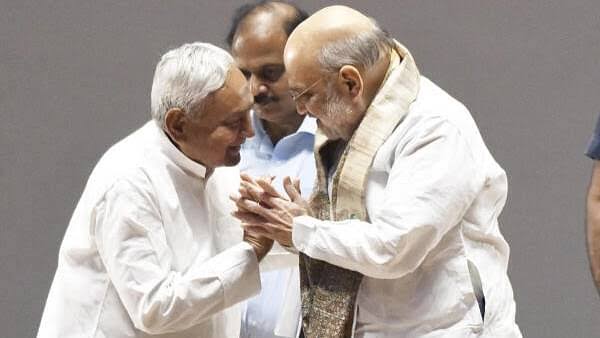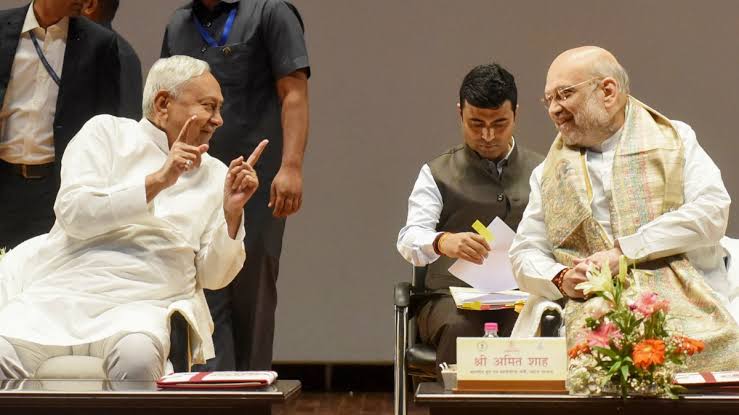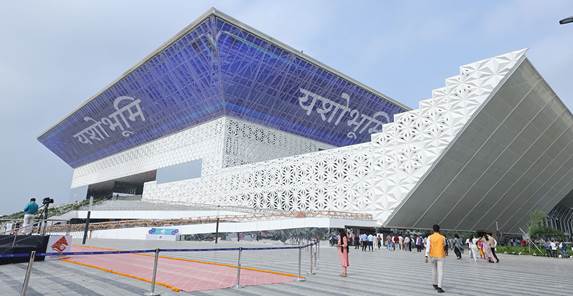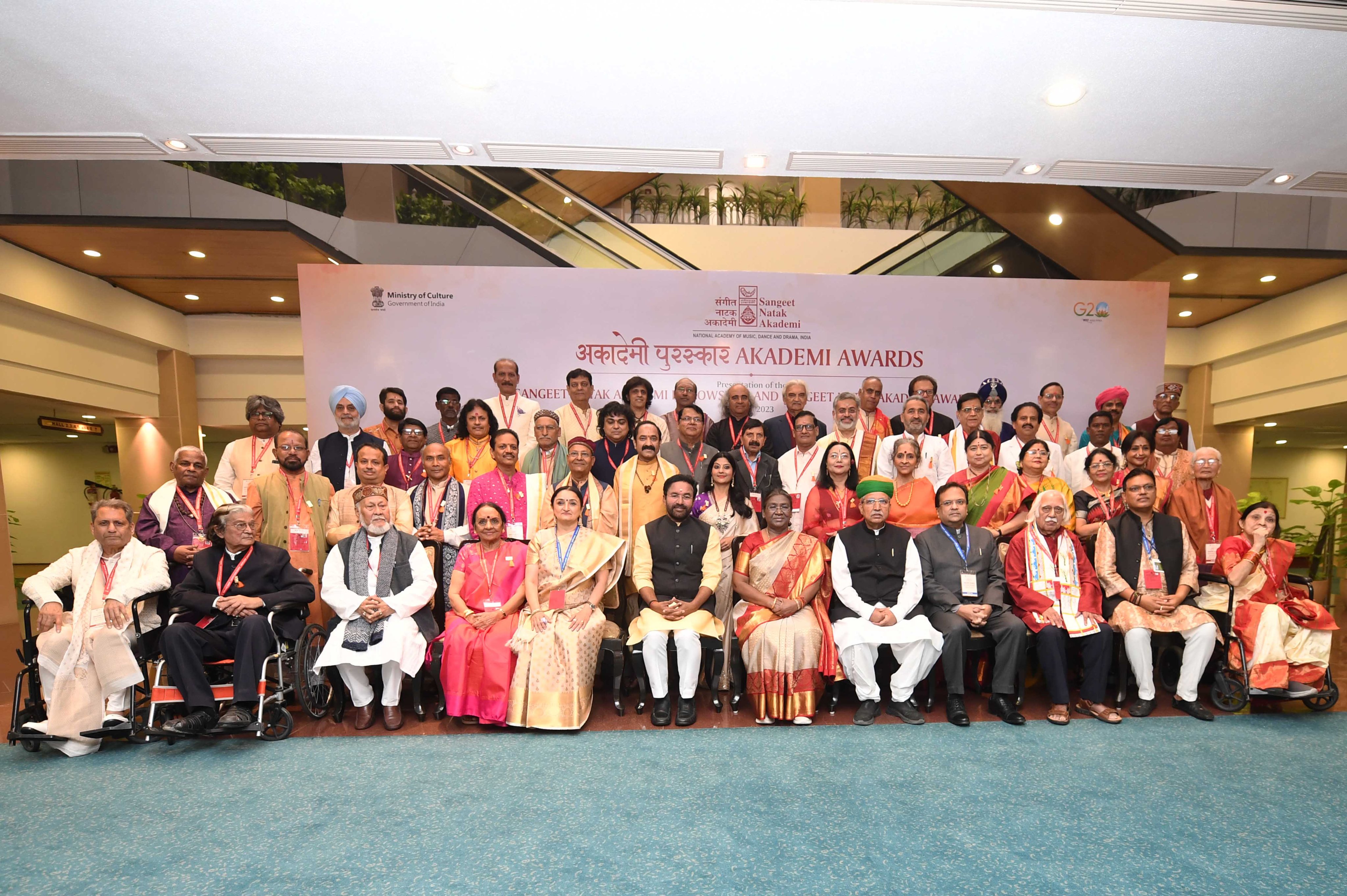In a major boost to Bihar’s infrastructure and cooperative sector, Union Home Minister and Minister of Cooperation, Shri Amit Shah, inaugurated and laid the foundation stones for projects worth over ₹800 crore in Patna. Addressing a gathering, he emphasized the government’s commitment to revitalizing the cooperative sector and accelerating development in the state, which he claimed had suffered years of neglect under previous opposition governments.
 Shri Shah highlighted Bihar’s vast potential, noting that its fertile land, water resources, and agricultural strength make it ideally suited for growth through cooperative initiatives. He criticized past administrations for allowing the cooperative sector to deteriorate, leading to the closure of numerous sugar mills that once made Bihar a leader in sugar production. He reaffirmed the Modi government’s plan to revive 30 defunct sugar mills, aiming to restore Bihar’s prominence in the industry.
Shri Shah highlighted Bihar’s vast potential, noting that its fertile land, water resources, and agricultural strength make it ideally suited for growth through cooperative initiatives. He criticized past administrations for allowing the cooperative sector to deteriorate, leading to the closure of numerous sugar mills that once made Bihar a leader in sugar production. He reaffirmed the Modi government’s plan to revive 30 defunct sugar mills, aiming to restore Bihar’s prominence in the industry.
Drawing a stark contrast between past and present, Shri Shah accused opposition governments from 1990 to 2005 of fostering an era of lawlessness marked by crime, corruption, and misgovernance, which he referred to as ‘Jungle Raj.’ He alleged that Bihar was plagued by kidnappings, extortion, and scams that tarnished its reputation both nationally and internationally. He asserted that the Modi-led government has since ushered in a period of stability and progress, prioritizing infrastructure, agriculture, and cooperative development.
Under the Modi government, financial allocations to Bihar have significantly increased, with ₹9.23 lakh crore provided over the past decade, compared to ₹2.8 lakh crore allocated by the previous central administration between 2004 and 2014. Shri Shah detailed several projects that have been undertaken, including ₹4 lakh crore for roads and bridges, ₹1 lakh crore for railways, and ₹2,000 crore for airport infrastructure. He also announced the construction of seven major bridges worth ₹8,000 crore and a 5,000-kilometer railway expansion worth ₹31,000 crore, including the launch of Bihar’s first dedicated farmers’ train.
Further emphasizing cooperative sector development, Shri Shah noted the establishment of the Makhana Board and the revival of the Maize Research Centre with an investment of ₹1,000 crore. He assured that the government is committed to supporting farmers by purchasing maize, pulses, wheat, and rice at the Minimum Support Price (MSP), ensuring better financial security for them. Bihar’s position as a leading agricultural producer in litchi, mushroom, makhana, and maize was highlighted as a key advantage in the cooperative sector’s expansion.
Shri Shah also underscored efforts to strengthen Primary Agricultural Credit Societies (PACS), which are being modernized and integrated with district-level banks. Several cooperative initiatives, including the construction of warehouses and marketing centers for makhana processing, were also inaugurated as part of today’s event.
The projects launched today include a ₹83.16 crore initiative to develop a storage capacity of 62,500 metric tonnes across 25 PACS, the construction of 133 police buildings costing ₹181.14 crore, and three major road infrastructure projects worth ₹109.16 crore. Additionally, a ₹27.29 crore hostel at the Deep Narayan Singh Regional Cooperative Management Institute in Patna was inaugurated, alongside an ₹46 lakh makhana processing and marketing center. Five drinking water supply schemes costing ₹421.41 crore under the AMRUT-1 project were also unveiled, aimed at improving urban water accessibility.
Shri Amit Shah reiterated the government’s long-term vision for Bihar, stating that the era of misgovernance and stagnation has ended. With increased investment and strategic initiatives, he expressed confidence that Bihar is on the path to becoming a leading state in cooperative-driven development, agricultural growth, and infrastructure advancement.




